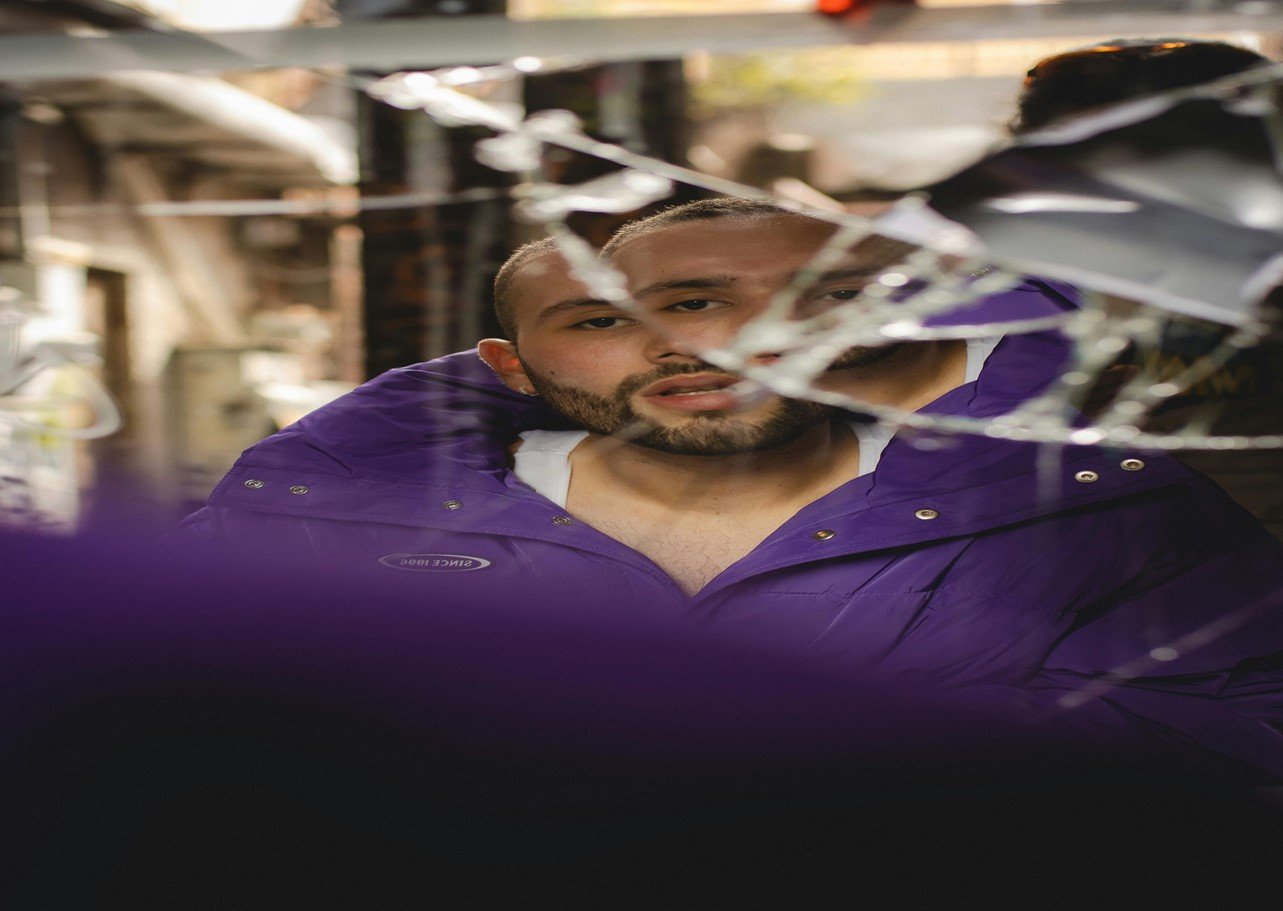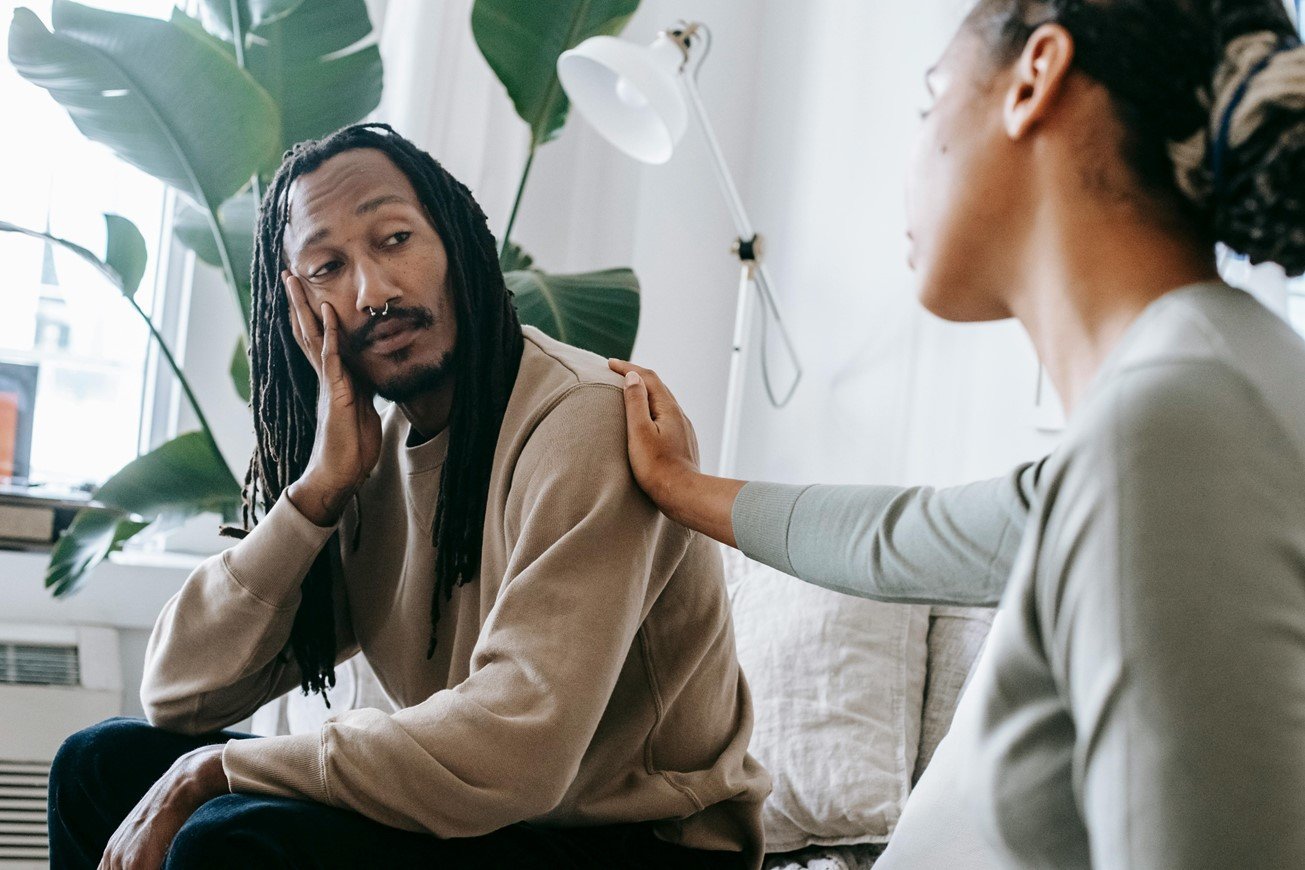
What if, in trying to protect ourselves from pain, we’ve actually been shielding ourselves from the very experiences that make us stronger? Picture this: you’re standing on that cliff, but now, instead of fear, a sense of calm washes over you. You realize that the leap isn’t about falling—it’s about discovering that you’ve had wings all along. These wings, made of vulnerability and courage, are what allow you to rise above the weight of silence, to break through the clouds of doubt and fear, and to fly toward a future where you can be truly yourself.
Vulnerability is not just an emotional state; it’s a gateway to deeper connection and understanding. It’s the moment when we let down our guard and allow others to see us for who we really are—flaws and all. And in that raw, unfiltered truth, we find the strength to connect with others on a level that is profound and transformative. Vulnerability is what turns strangers into friends, acquaintances into allies, and individuals into a community. It’s the bond that forms when we say, “I see you, I understand you, because I’ve been there too.” What if the very act of embracing our vulnerabilities could be the catalyst for a revolution in how we perceive mental health? By allowing ourselves to be vulnerable, we not only open up the possibility for healing within ourselves, but we also give others permission to do the same. We create a ripple effect, where each act of openness chips away at the stigma that has kept so many people isolated and in pain.
Imagine a world where vulnerability is celebrated, where mental health is given the same priority as physical health, and where reaching out for help is seen as a sign of strength rather than weakness. This is the world we can create when we stop hiding behind our masks and start living authentically. It’s a world where mental health awareness isn’t just a concept but a daily practice—where we check in on each other, offer support without judgment, and create spaces where it’s safe to be vulnerable. This journey toward embracing vulnerability and promoting mental health awareness isn’t easy—it requires bravery, honesty, and the willingness to face our deepest fears. But the reward is worth it: a life that is not just lived but truly experienced, where we connect with others in meaningful ways, where we are free to express our true selves without fear of rejection or shame. It’s a life where our vulnerabilities become our greatest strengths, and where mental health awareness empowers us all to live more fully and authentically.
The Power of Vulnerability

We all wear masks. Whether it’s the brave face we show at work, the smile we force at social gatherings, or the stoic silence we maintain in the face of inner turmoil—these masks are our armor against the world. But what happens when the armor becomes too heavy? When the weight of pretending becomes unbearable? The truth is, vulnerability is not about being weak; it’s about being human. It’s the courage to say, “I’m not okay,” and the strength to seek help. Mental health awareness isn’t just a buzzword; it’s a lifeline. By acknowledging our struggles, we take the first step toward healing and growth. But what if we paused for a moment and allowed ourselves to take off those masks? What if, instead of hiding behind a façade of perfection, we let others see the real us—the parts that are scared, uncertain, and flawed? The truth is, these masks might protect us in the short term, but over time, they suffocate our true selves. The constant effort to maintain a perfect image drains our energy, leaving us feeling isolated and disconnected from others. We become trapped in a cycle of loneliness, even in the midst of a crowd, because no one truly knows the person behind the mask.
Vulnerability is the key to breaking free from this cycle. It’s about having the courage to take off the mask and say, “This is who I am—imperfections and all.” It’s about recognizing that our worth is not tied to how well we can pretend, but to how authentically we can live. When we allow ourselves to be vulnerable, we open up the possibility for genuine connection. We create space for others to be vulnerable with us, building relationships that are based on trust, understanding, and mutual support.
Mental health awareness plays a crucial role in this process. It reminds us that we are not alone in our struggles and that seeking help is a sign of strength, not weakness. By raising awareness, we create a culture where it’s okay to not be okay, where people feel safe to talk about their mental health without fear of judgment. It’s about shifting the narrative from one of silence and stigma to one of openness and acceptance. Imagine the freedom that comes with shedding the masks we wear. The freedom to express our true emotions, to share our fears and anxieties without the fear of being judged. This freedom is not just liberating—it’s healing. It allows us to connect with others on a deeper level, to build relationships that are real and meaningful. And in these connections, we find the strength to face our struggles head-on, knowing that we are supported and understood. By embracing vulnerability and promoting mental health awareness, we are not just taking care of ourselves—we are also paving the way for others to do the same. We are creating a ripple effect of compassion, understanding, and support that can transform our communities. Because when we choose to be vulnerable, we give others permission to do the same. And in that shared vulnerability, we find the true power of human connection.
Breaking the Stigma

For many, mental health remains a taboo topic, shrouded in shame and secrecy. The stigma surrounding mental illness often forces individuals to suffer in silence, fearing judgment or rejection. But what if we could change the narrative? What if we could create a world where vulnerability is celebrated, and mental health is treated with the same importance as physical health? By raising awareness and fostering open conversations, we can begin to dismantle the barriers that prevent people from seeking the help they need. It’s time to break the cycle of silence and step into the light. Vulnerability is not a sign of weakness but a testament to our resilience and capacity for growth. Imagine a society where talking about mental health is as common and accepted as discussing a physical ailment. Where asking for help with anxiety is no different than seeking treatment for a broken bone. This shift in perspective could transform how we perceive and address mental health challenges. It would mean creating spaces where people feel safe to express their struggles without fear of being labeled or dismissed. In this world, mental health would be a central part of our overall well-being, integrated into our daily lives rather than pushed to the margins. Changing the narrative around mental health requires more than just words; it demands action. We need to educate ourselves and others about the realities of mental illness, breaking down the misconceptions and stereotypes that fuel stigma. This means listening to those who have lived through it, amplifying their voices, and ensuring their stories are heard and respected. It means challenging the outdated notions that keep mental health in the shadows and replacing them with a culture of empathy, understanding, and support.
What if, instead of avoiding conversations about mental health, we actively sought them out? By talking openly about our experiences with depression, anxiety, or other mental health issues, we can begin to normalize these discussions and remove the shame that often accompanies them. It’s about creating a world where vulnerability is seen as a strength, where admitting you need help is a sign of courage rather than weakness. This change won’t happen overnight, but every conversation, every act of openness, brings us closer to that world. By fostering an environment where mental health is prioritized, we can empower individuals to seek the help they need, free from the fear of being judged. We can build a community that supports each other in times of struggle, where vulnerability is met with compassion rather than criticism.
When we break the silence surrounding mental health, we also break the chains that keep so many people trapped in their own suffering. We give them the tools and the permission to seek help, to talk about their experiences, and to find solace in knowing they are not alone. In doing so, we create a ripple effect that extends far beyond individual lives—transforming our families, our communities, and ultimately, our society.
Let’s imagine a future where mental health is not just an issue for the few but a shared responsibility for all. A future where vulnerability is embraced, and where mental health awareness is ingrained in our culture. In this world, we no longer have to hide our pain or pretend we’re fine when we’re not. Instead, we can step into the light, together, stronger and more resilient than ever before.
Embracing Your Journey

Your mental health journey is uniquely yours, filled with highs and lows, triumphs, and setbacks. But through it all, remember that you are not alone. Embracing vulnerability means allowing yourself to feel, to cry, to laugh, and to heal. It’s about understanding that your struggles do not define you; they are a part of your story, but they are not the end of it. In a world that often pressures us to be perfect, embracing our imperfections is a radical act of self-love. By acknowledging our mental health challenges and seeking support, we take control of our narrative, rewriting it in a way that empowers and uplifts. Embracing vulnerability and raising mental health awareness is not just about personal growth; it’s about creating a ripple effect that touches everyone around us. When we share our stories, we give others the courage to share theirs. When we prioritize mental health, we pave the way for a more compassionate and understanding society.
So, take that leap. Embrace your vulnerability. Share your truth. Because in doing so, you not only heal yourself, but you also help to heal the world.
